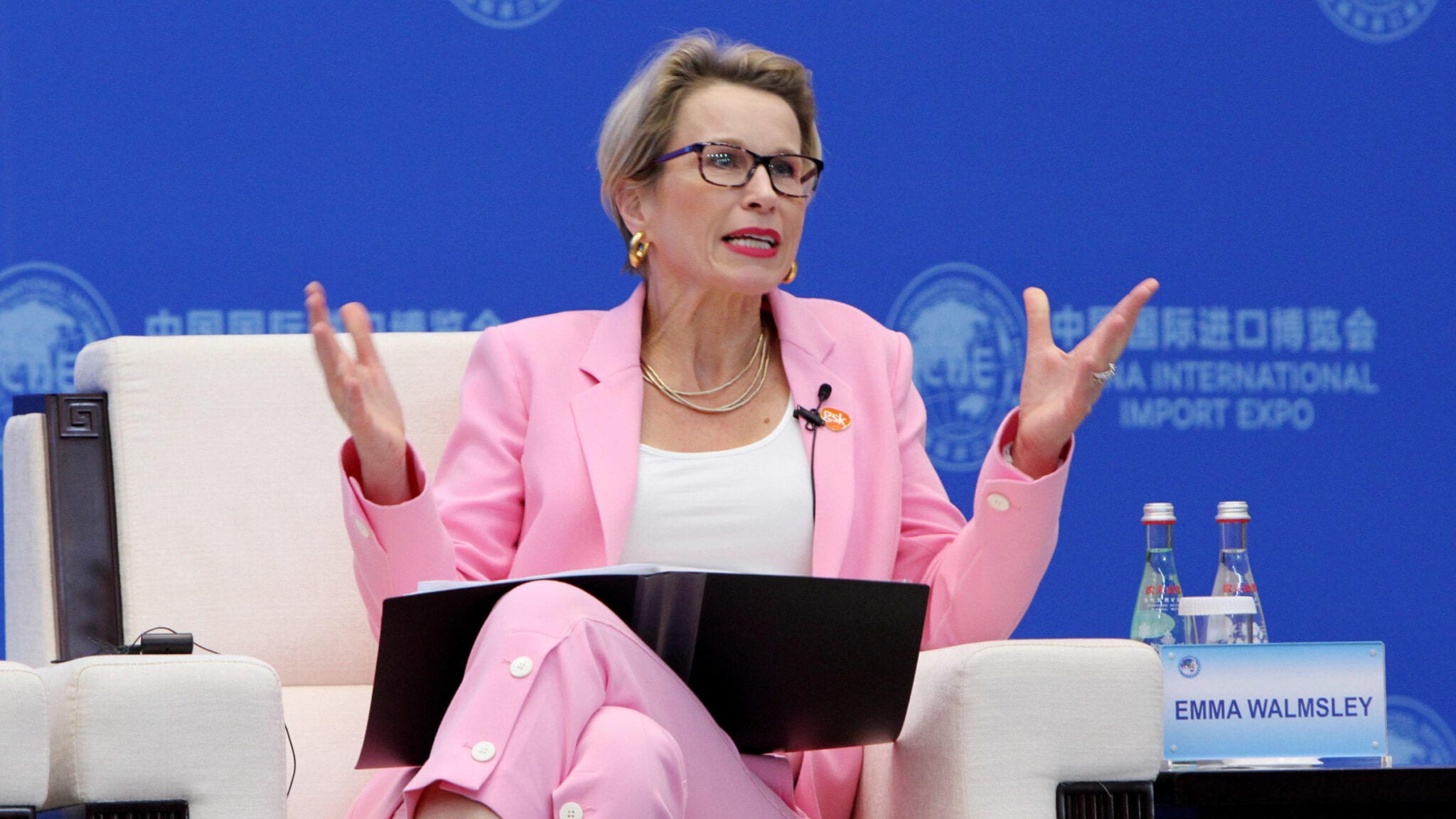
GSK's consumer health spinoff Haleon preps launch with $12B+ in debt
GSK’s consumer health spinoff Haleon will make its big debut in just over a week — but with some serious debt in tow, according to the company.
When it lists on the London Stock Exchange on July 18, Haleon will have about £10.3 billion (more than $12 billion) in debt on the balance sheet, GSK confirmed on Wednesday. That’s around four times the spinoff’s estimated earnings for the year, according to the UK’s This is Money, which first reported the news.
Unlock this article instantly by becoming a free subscriber.
You’ll get access to free articles each month, plus you can customize what newsletters get delivered to your inbox each week, including breaking news.